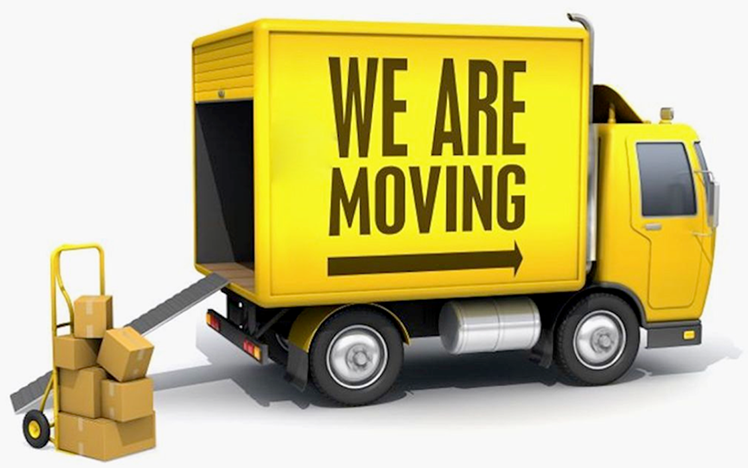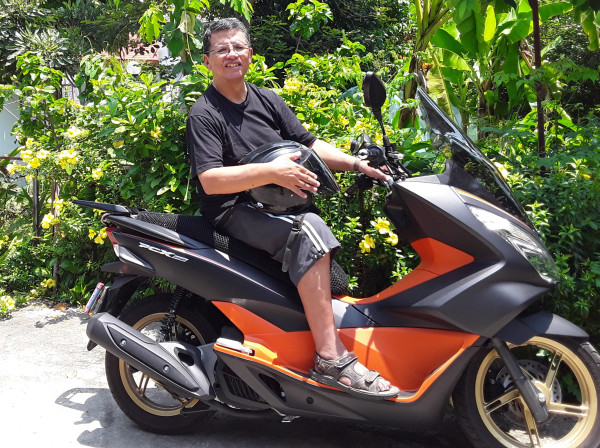Tips on Moving Overseas
Originally posted on March 21, 2010
When moving overseas it is best to make a plan. The following are some steps you can take to help organize your move and a checklist that will help you to put those steps in order.
1. Know your time frame: Know how long you have before your move will take place. Leave yourself enough time to do the hundreds of things you’ll need to do before pulling up stakes. If you are selling your house you may not be able to finalize your time frame until the status of your home sale is known. Plan on using more time than less.
2. Know your budget: Moving isn’t free. There will be shipping costs, storage costs, airline tickets, taxis, and lots more. Budget accordingly.
3. Know what to keep and what goes? You won’t be able to take everything. Make piles of what to take with you, what to sell, what to give to family or friends, what to give to charity and what to toss. This won’t be an easy task. Do you keep all your books, all your photos, that painting that aunt Bess made? You have to be brutal.
4. Know a reliable shipper: Once you have decided what to take with you decide on a shipping company that understands international regulations and who can advise you on the best method to ship (boxes, crates, 20’ container, 40’ container, etc.). Make a detailed list of everything you are shipping. This will help with customs and insurance in case of breakage or theft. Also, list the contents of each box on the outside. This will save lots of looking-around time later. You should also have an agent in-country to help the customs walk-through and to get your stuff to your house.
5. Prepare your travel itinerary: You may have to move out of your house and ship your stuff before you are ready to leave country. Know where you will stay until that plane leaves. Know where you will stay once in-country and how you will get around. You can check with other expats or travel guides to find out the best places for a temporary stay and car rentals.
6. Prepare your documents: make sure your passport is up to date and that you have the necessary visas for a fairly long stay. It’s a bother to get in country and then two weeks later have to renew your visa. Know as much about visa regulations as you can. Make sure your paperwork back home is also in order (wills, powers of attorney, etc.) Also get copies of your medical and dental records especially if you have any specific problems that local medical people should know about.
7. Prepare for the unexpected: Things will usually take more time and more money than you will expect. Be ready for the proverbial wrench in the machinery. It’s a guarantee.
Check list
Send notification of address change to:
- Post Office
- Banks
- Electoral Registrar
- Taxation department
- Life, car, and health Insurance companies
- Schools
- Credit card companies
- Friends and Relatives
- Publications you subscribe to
- Doctor and dentist
- Your Lawyer
- Your Place of Worship
Discontinued these services for:
- Gas or oil companies
- Water
- Electricity
- Telephone
- Cable Television
- Newspaper / Publication Delivery
- Internet Subscription
Remember to:
- Defrost your refrigerator
- Disconnected your washing machine
- Return books to library
- Return videos
- Pick up clothes from the dry cleaners.
- Put aside items (passports, tickets, etc.)
- Wash items that may be of interest to quarantine (i.e. mowers, garden tools, golf equipment, bicycles, etc.).
- Take all important telephone numbers and addresses
Note to Thai nationals returning to Thailand after living abroad.
You may be eligible for a one-time custom free shipping of personal items. This will save lots of money and allow you to ship furniture and household good duty free. Check to see what the latest regulations are.
Currently a Thai living abroad for a certain length of time is exempt from paying customs fees. You will have to prove that you have lived abroad (your passport stamps are acceptable proof). Students and Thais who are returning to Thailand to retire after living abroad are the ones who can usually take advantage of this rule.





